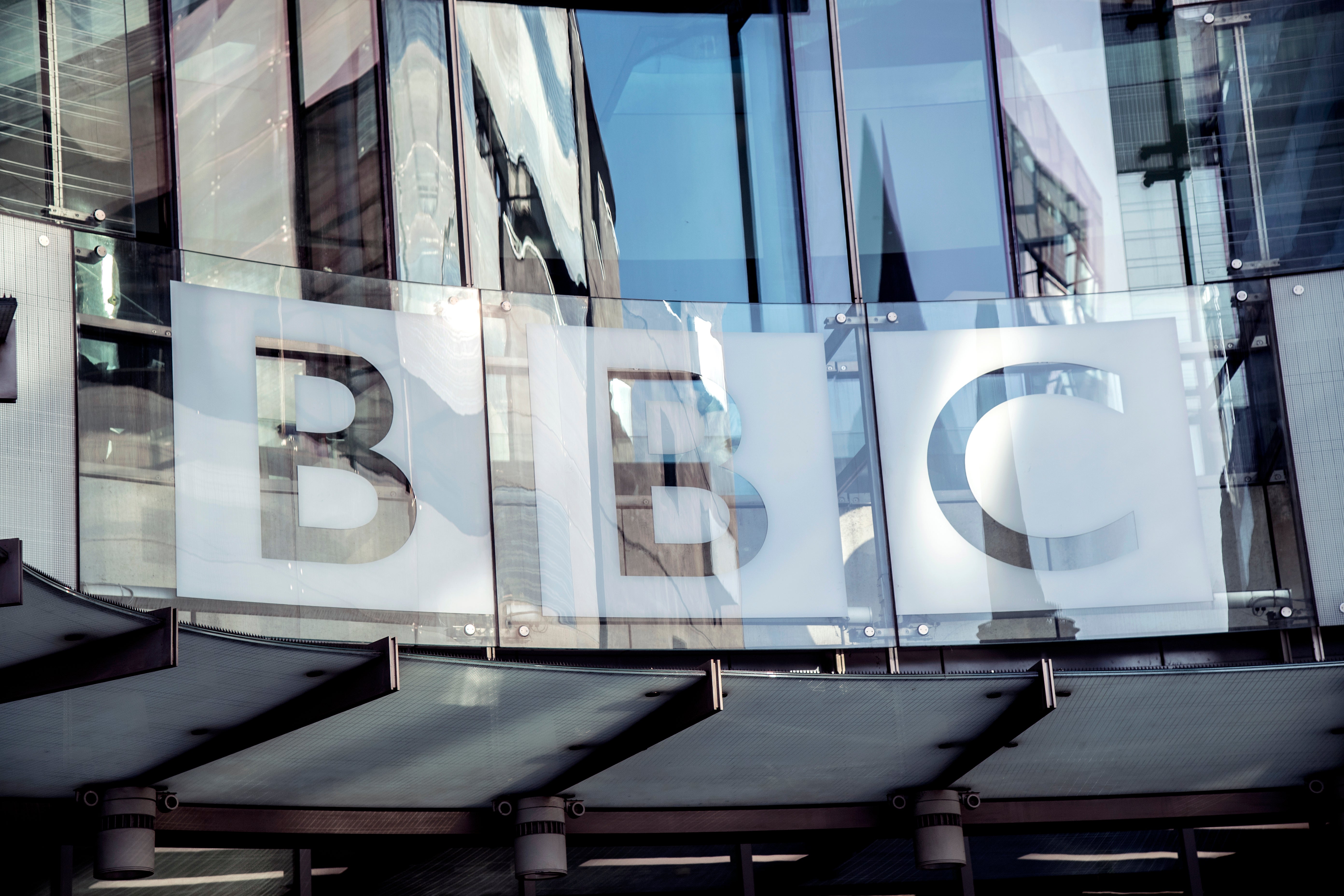The BBC is in danger. I recommend strike action
As a nation, we’re used to the BBC being around. The trouble is, that familiarity has bred contempt, opening the door to the cavalier assault it is under today


If I were working at one of the unions representing BBC staff, thousands of whom will today be fearing for their jobs, I’d be considering strike action right now. The aim would be to make the corporation go dark for a day.
Does that sound extreme? Listen, I don’t moonlight for socialist Anvil and I don’t sell it on Britain’s barren high streets of a weekend. This an entirely rational step to take for moderates to consider as well as radicals, even the sort of moderate conservative for whom the very word “strike” would normally be anathema.
What is extreme here is the nature and character of the political attack on the corporation, the Tory party’s disgustingly cynical attempt to save the skin of its morally bankrupt leader and to distract from the disgraceful goings on at Number 10 Downing Street.
The justification advanced for it goes like this: in an era when people happily shell out £120 a year for Netflix (based on the £10 a month price of the most commonly used “standard” package) can we really justify charging people £159 for the privilege of having a telly when there’s a cost of living crisis going on?
If you set aside the government’s role in creating that crisis, and it’s lack of anything resembling a good idea for solving it, auntie does look like something of an anachronism in those terms. But the argument is a false one because it doesn’t compare like with like.
Netflix is a pure play entertainment service, as are its expanding number of peers. It doesn’t offer a globally renowned news service at a local, national and international level, one which is impartial to a fault, sometimes to a ridiculous degree. It doesn’t do radio. It doesn’t provide educational resources, which are widely used (and valued) by schools and especially by parents. It doesn’t offer regional programming. It doesn’t produce content that is uniquely British, although BBC’s offerings also connect with international audiences.
The Beeb is, moreover, often the first port of call for people in crisis-wracked countries when they’re looking to find out what’s really going on. Note to Liz Truss in the Foreign Office: look up the definition of “soft power”. It is often the first port of call in UK crises too. If the world’s falling apart, you don’t log on to Netflix for the news.
I admit to having been a licence fee sceptic at one point, that is until I realised just how much my family availed itself of the BBC’s services, even with two digital native children and multiple streaming subscriptions.
To keep up to speed with all the latest opinions and comment, sign up to our free weekly Voices Dispatches newsletter by clicking here
As a nation, we’re used to it being around. The trouble is, that familiarity has bred contempt, opening the door to the cavalier assault it is under today. The corporation’s unions have the power to remind us of what we stand to lose if that attack is allowed to be successful, because lose we would. A commercially funded organisation; one reliant on ads for the TV channels, with an inevitably slimmed down set of radio stations and a subscription funded iPlayer, would be a very different beast to the BBC of today. And the notion of public service would be out of the window, too.
Embarking on industrial action is always risky. Strikes are rarely popular and there’s always the chance that some people would think: “Huh, didn’t miss it all that much after all. What’s on Prime today?” The messaging around it would need to be carefully thought out, with no railing against evil Tories.
Instead, you’d say something like this: “The BBC’s unions deeply regret today’s action. Our members would much prefer to be at work, providing the services you enjoy and rely upon. However, the government has made it clear that it wants to destroy the BBC in its current form for political purposes.
“We have taken this step to demonstrate what a world without it would look like. We hope this shows it is something worth saving. We urge you to join us in fighting to do that. In the meantime, we will be back tomorrow.”
That’s just off the top of my head. I’m sure there are spin doctors who could refine it to better make the point that needs making. The situation is desperate enough to make it worth rolling the dice. Thousands of jobs are obviously at risk, and they’re mostly not that well paid. But that’s just the start.

Join our commenting forum
Join thought-provoking conversations, follow other Independent readers and see their replies